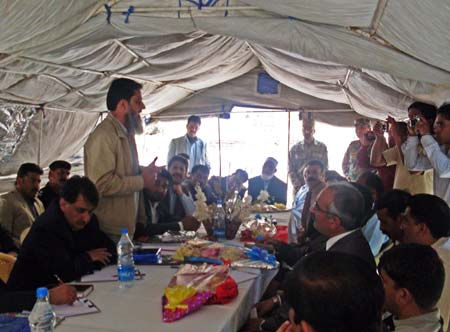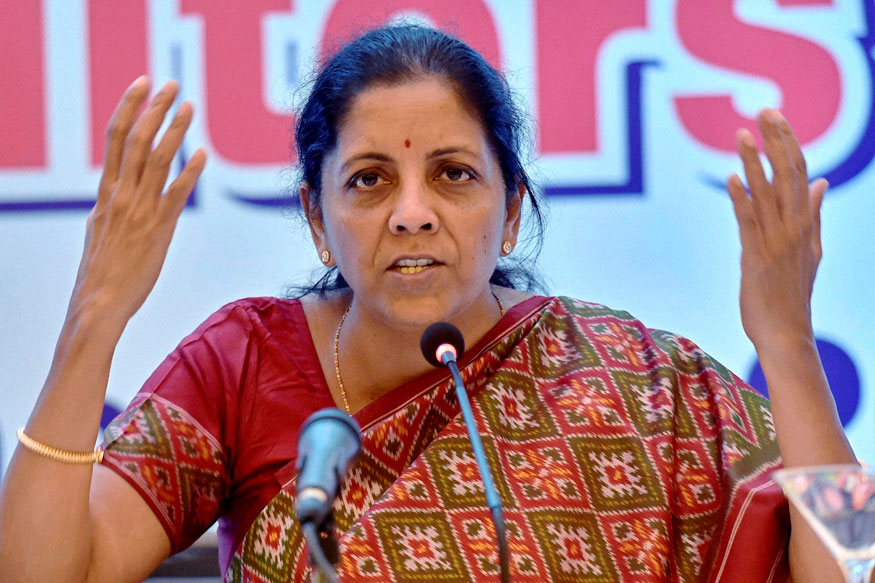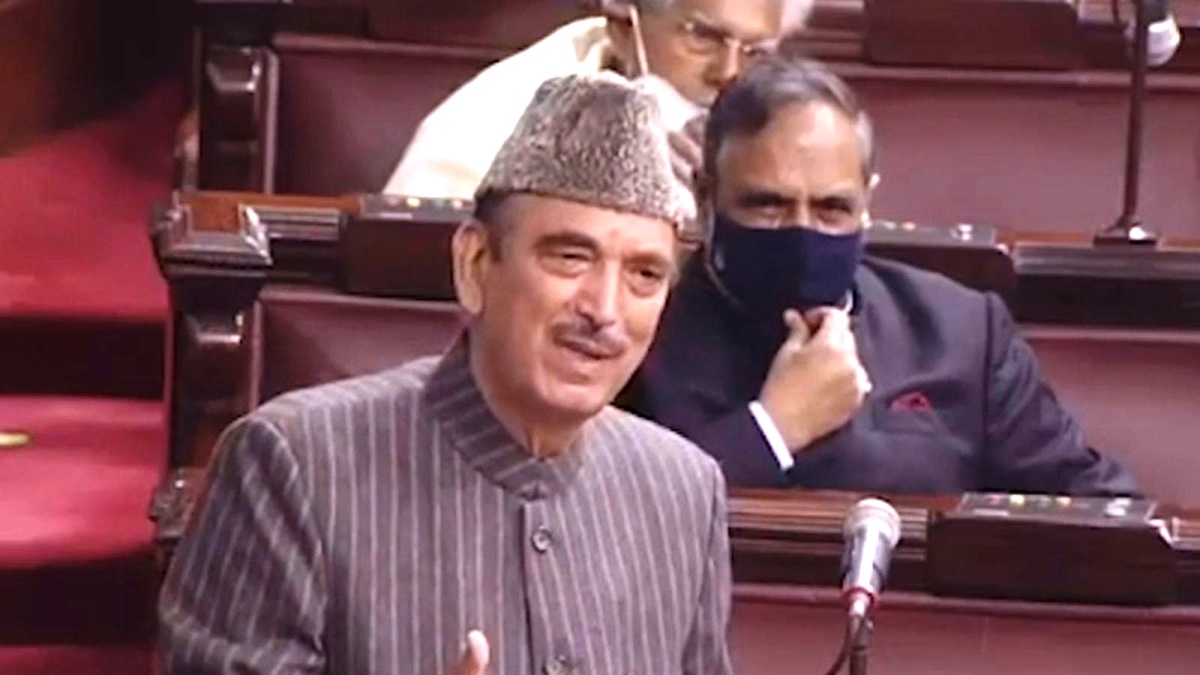Even though the trans-LoC trade completed its fourth successful year in October 2012, it continues with the problems at procedural and systemic fronts that it started with. Apart from being blind – traders do not know their trading partners, incommunicado – they lack permission to talk, even on phone, and dispute resolution system, the trade is primitive barter system in which no currency is exchanged. India and Pakistan have been hinting at introducing banking system but it is yet to be done. Kashmir Life offers its readers, the exact details of the proposal it had made to the central government about the banking systems, it envisions for the barter. The proposal had taken into account the larger reality, as put forward by the trade itself, that it cannot opt for a dollar trade which has the potential of making the barter an export-import exercise which might become a reason for altering the political status of the place on long term basis. The proposal being reproduced here was laid on table by the state government in response to a question that PDP lawmaker Abdul Rehman Veeri had asked on October 4, 2012.

“It is envisaged that the commercial banks in J&K and PoK would provide a facility to their respective exporters to realize their dues by opening a Trade Facilitation Account at their end. The Initial debit and final credit by the exporters’ bank would be through the facilitation account. The exporter would be paid only after the Importer has paid his bank treating the transaction akin to payment of bills on collection basis. Fifteen days have been provided for the settlement cycle. Ten days has been set aside for the transaction to be completed by the importer. However, an extra five days have been included on the understanding that banks would periodically settle amongst each other through the respective NOSTRO accounts. The exporter could also be given immediate credit on day one based on their banker’s level of comfort with the party subject to the terms and conditions prescribed by the bank. Flow charts showing the mechanism, process flows and accounting process to be followed on collection/credit basis for exports from PoK / exports from J&K are enclosed in Annex I.
i) The outstanding entry in the Trade Facilitation Account would be reversed once the amount is received from the bank of the importer.
ii) The cross rate of INR/PKR would be arrived by using market determined US$/INR and US$/PKR rates. This rate would be applied for sale/purchase of INR against PKR and would be a pure commercial decision taken by the banks.
iii) Both the Reserve Bank of India and the State Bank of Pakistan would not be involved in the process of trade settlement and would not bear the exchange rate risk in part or in entirety. Both the central banks with the explicit permission from their respective governments would however need to grant permission to their commercial banks to undertake transactions under the, proposed scheme.
iv) The invoice will be denominated In Indian Rupees (INR) irrespective of the direction of trade.
v) The final settlement of trade between the commercial banks would be in a mutually accepted international currency, say US Dollar.
vi) Since the exchange risk is arising out of a commercial transaction, the exchange risk would necessarily be borne by the importer. This would be collected as a “Facilitation Fees”. Such fee would also cover the exchange risk (up to final settlement), transaction costs, handling costs, etc. The fee could be a percentage of the cost of goods and should be added to the invoice i.e. invoice = cost of goods + facilitation fee.
vii) The model does not envisage any form of subsidy from either J&K Govt. /Bank or the Government of India.
2. Requirements for operational sing the model
a) J&K Bank needs to be given permission by GOI/RBI to establish banking arrangements with banks in PoK.
b) J & K Bank should scrupulously adhere to the KYC guidelines issued by RBI for its exporters, importers, and the correspondent banks it would deal with in PoK. This would be verified by the RBI during its usual inspection/periodic scrutinies.
c) Any markup on exchange rate in the form of facilitation fee, processing charges, exchange risk, etc is a matter of negotiation between two commercial banks to cover their operational cost and offering protection to their customers. Facilitation fee as a percentage of cost of goods. as suggested in the mechanism, is by way of an example only. The credit extended by J&K Bank Ltd should be subject to the extant interest rate guidelines including that of base rate (in case immediate credit is afforded to the exporter/delay in settlement).
d) Eligibility of goods for trade would be as per the list issued by the GOI.
e) At the border, an effective mechanism for clearing goods and transmitting the information to respective commercial banks is a must. Both the banks can visit LoC/clearing points for familiarization with the mechanism in consultation with the respective authorities manning those points.
f) Net settlement by banks in both the sides need to be decided as to its periodicity and the currency of settlement. Since the final trade settlement is with a bank or Pakistan, under normal circumstances, adherence to existing provisions of ACU mechanism would have to be ensured. Since these transactions are denominated in local currency, they would fall outside the ACU mechanism. Therefore, it would require special permission to route such settlement outside the ACU mechanism with banks of Pakistan. Such a special arrangement would tantamount to trade with Pakistan though it is in effect with PoK which is deemed to be an Indian territory.
However, keeping in view the decision taken by the Government /MHA for a special arrangement independent of the sovereignty related issue, the above proposal is being made. In this connection, a reference is Invited to para (e) of page 7 of 21 of F No 17/5/2009-BOA; MOF (Dept of Financial Services), GOI letter dated January 18 2010. MHA have vide their letter 6 October, 2010 to the MoF, DFS with a copy to RBI have advised that once a bankable proposition is finalized the formalities of getting approval is best left to the MEA and have requested the DFS to submit their proposal/plan for financial mechanism for conduct of cross LoC trade to MHA for taking up further with the Government of Pakistan through MEA.”















